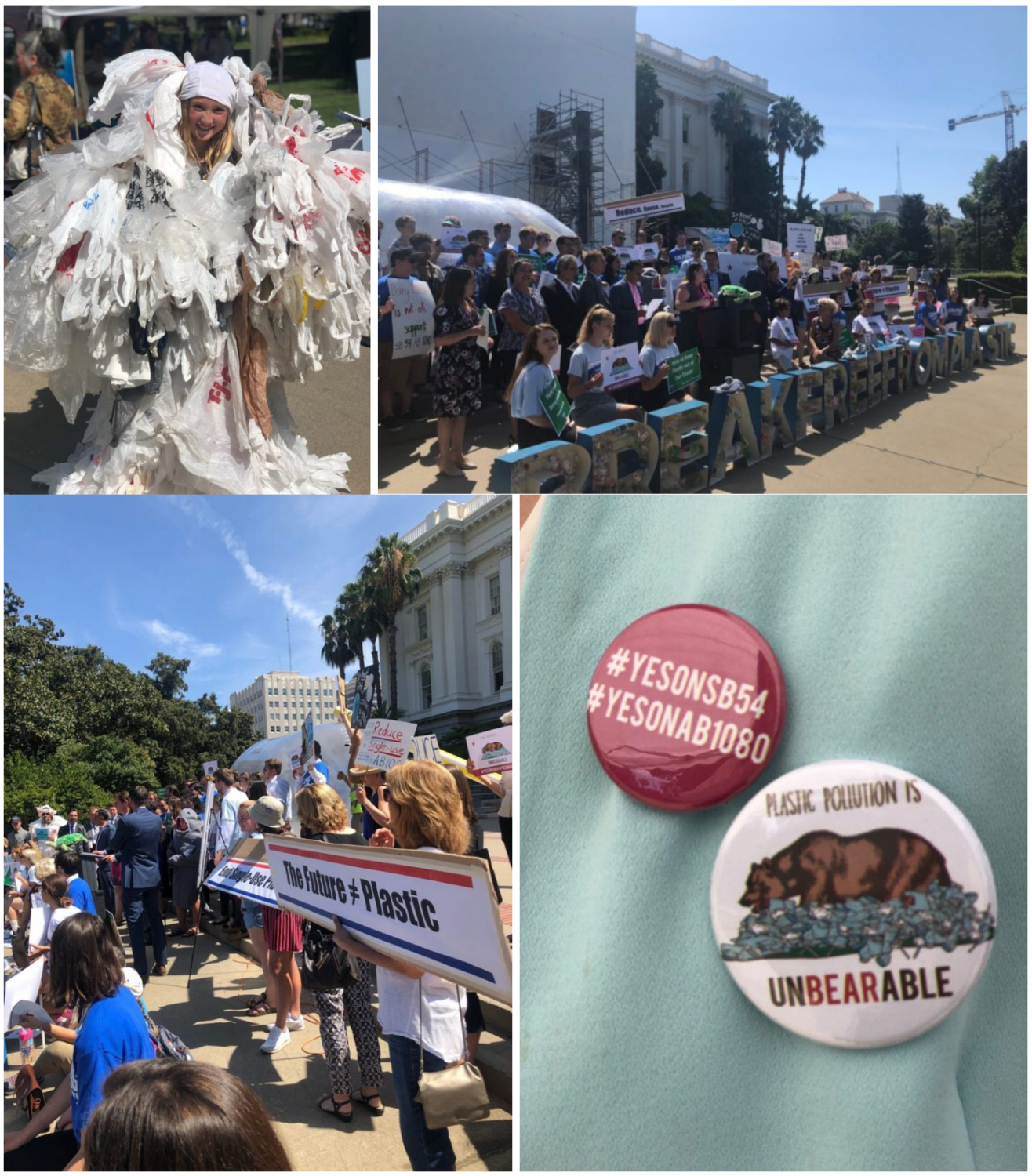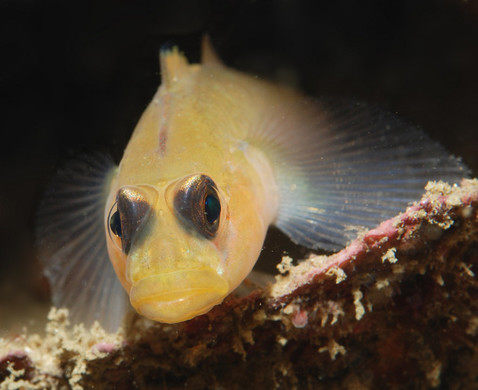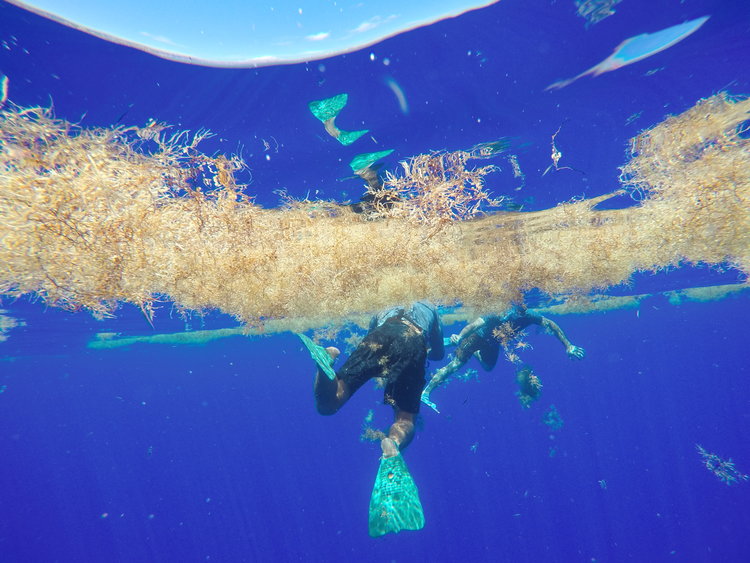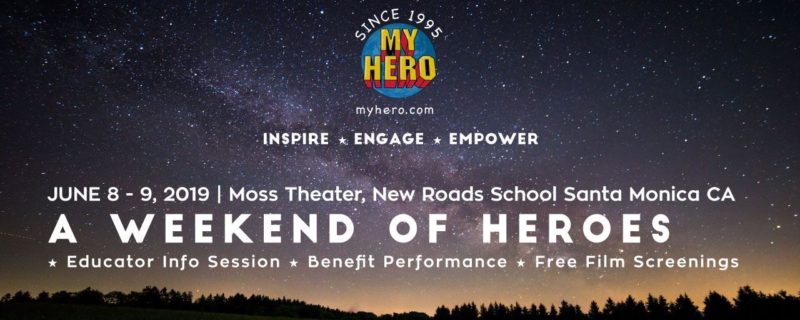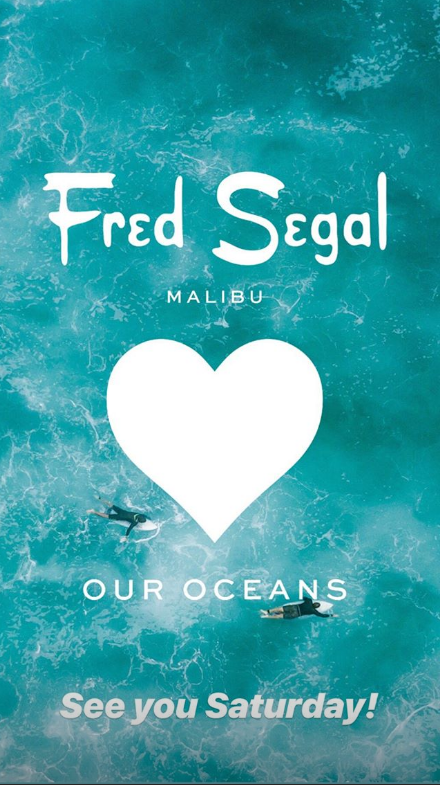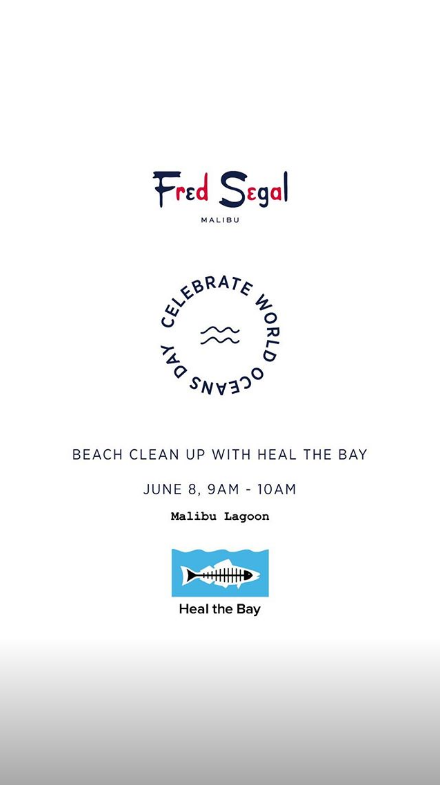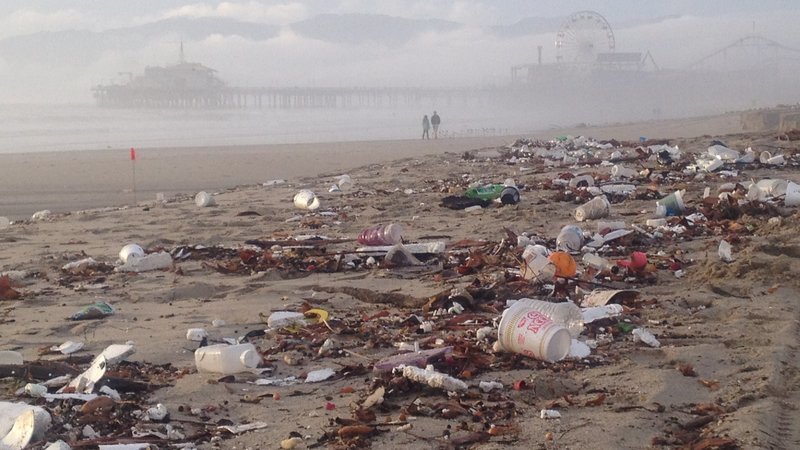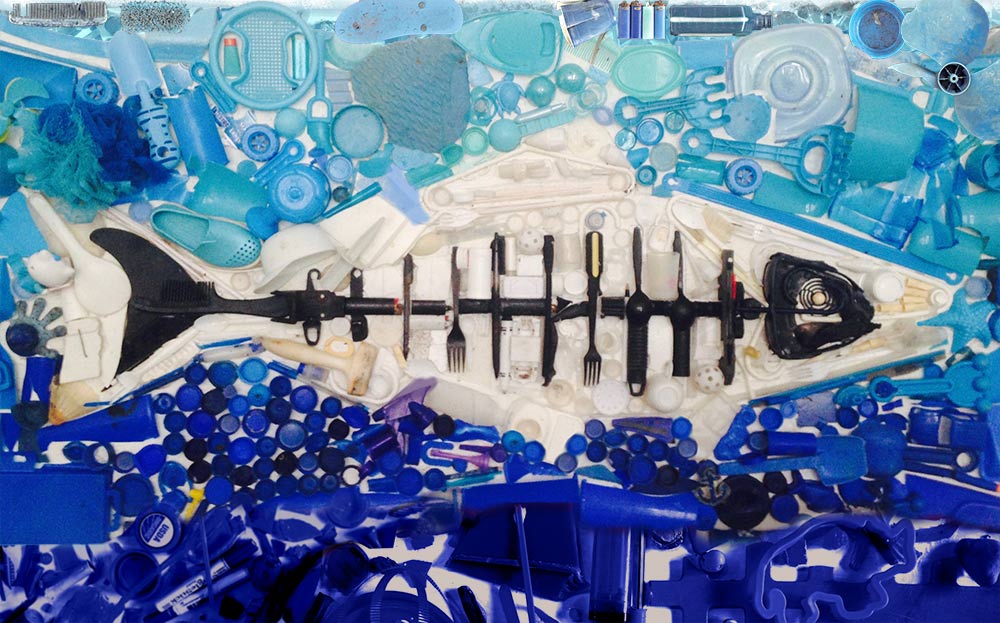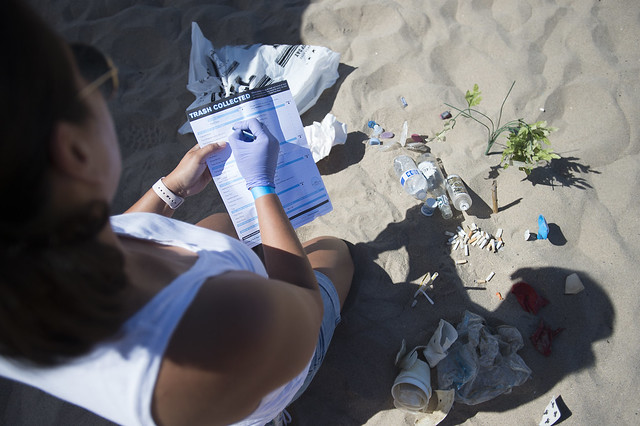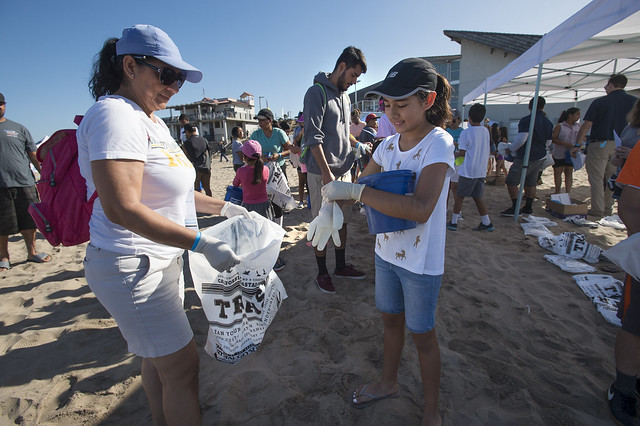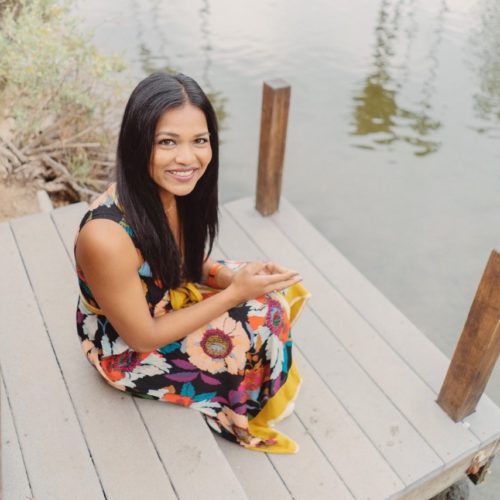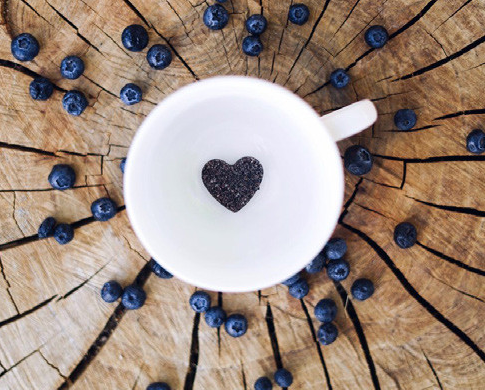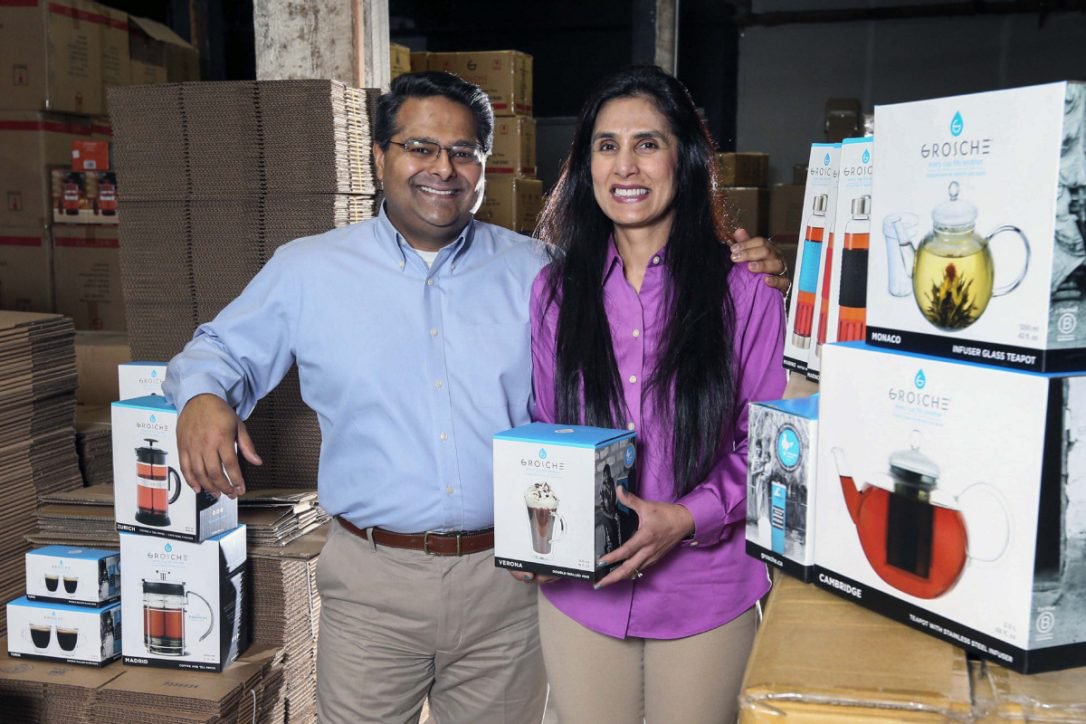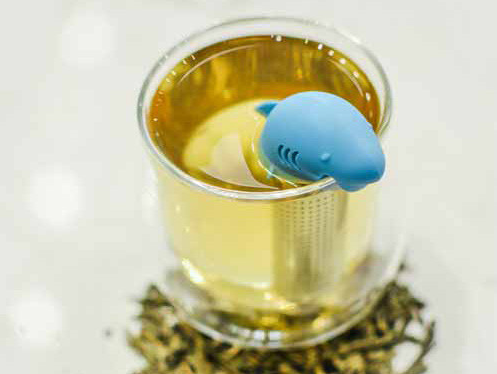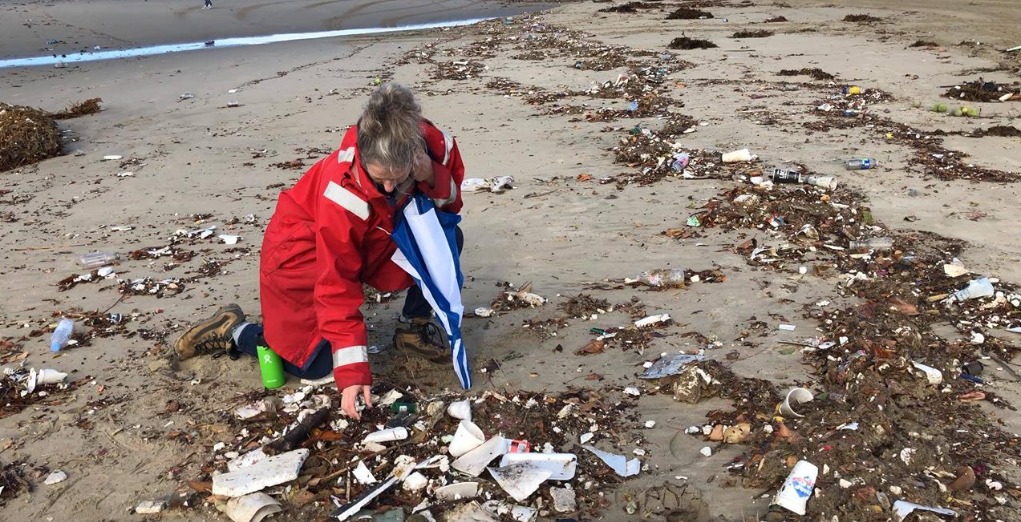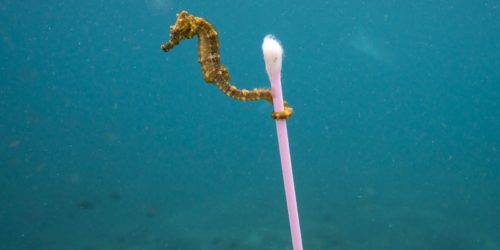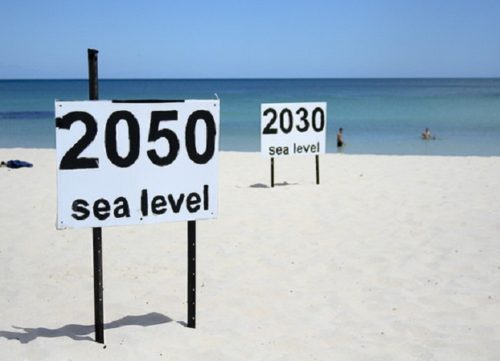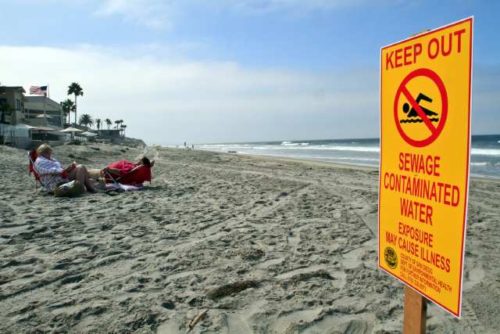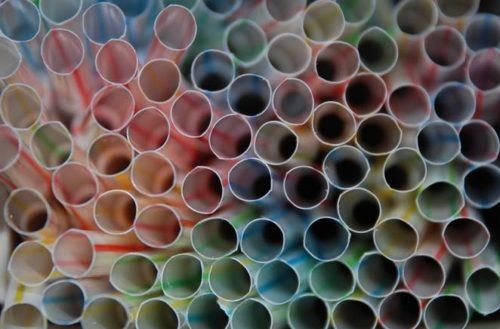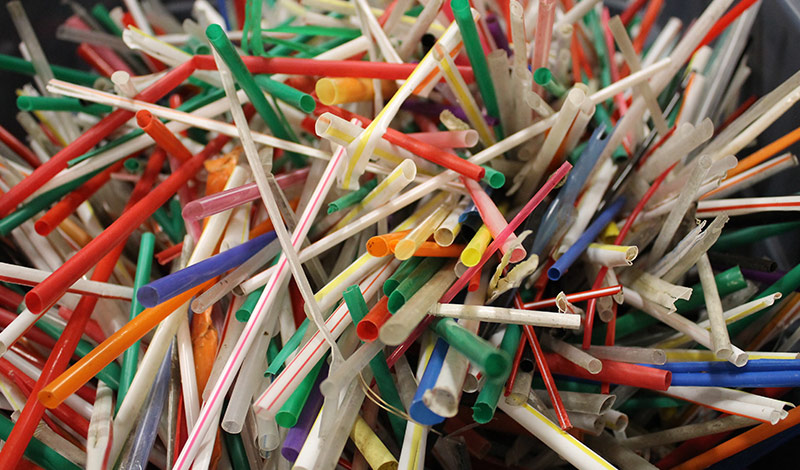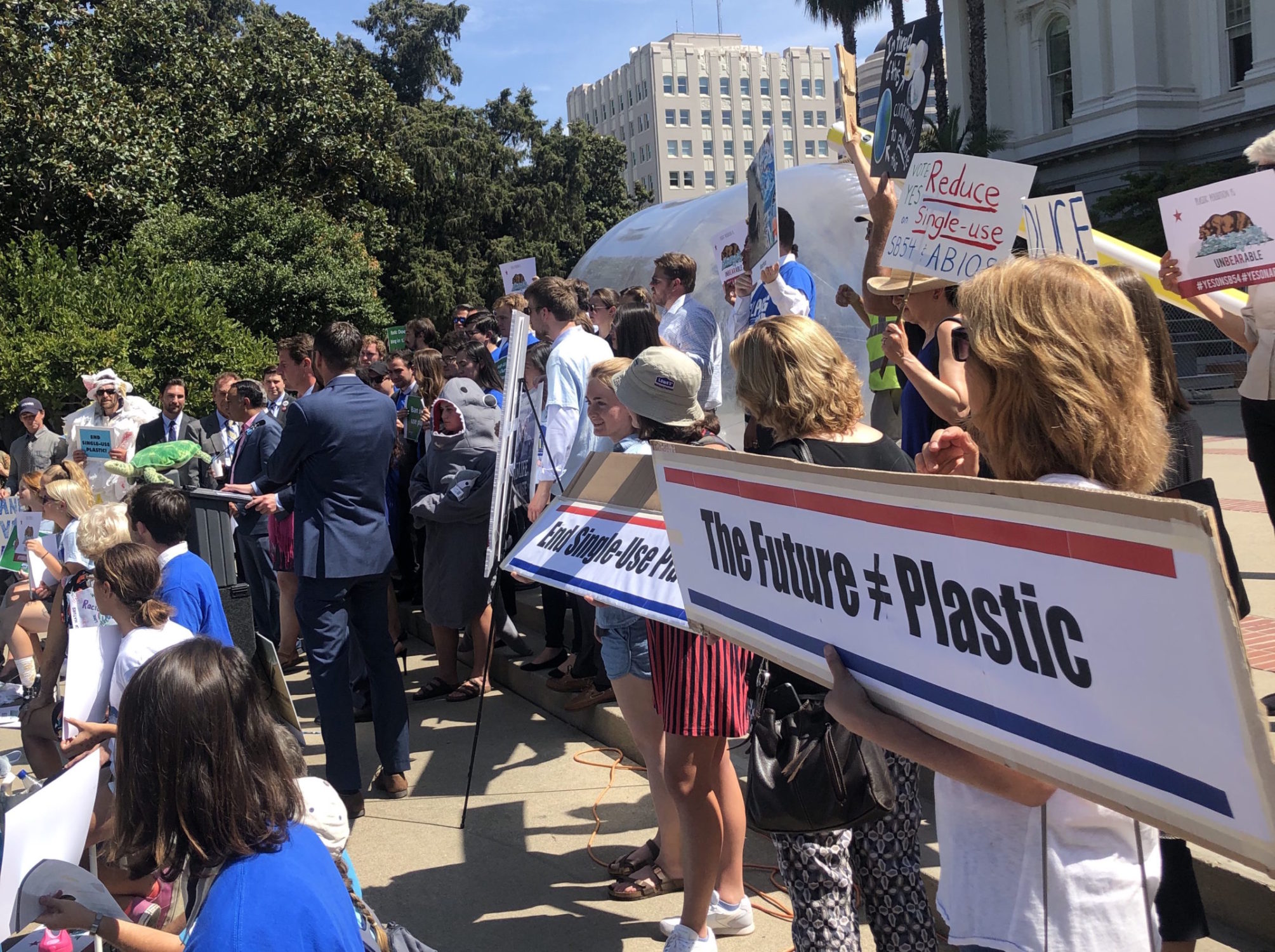
The California legislative season has officially ended and the transformative waste reduction policies, SB 54 and AB 1080, did not pass. However, they did not fail either! The bills were never voted on, so they are still eligible for votes starting in January 2020 and throughout the 2020 session.
We know this isn’t the news you wanted to hear – and we share your deep disappointment. But, there is always a silver lining, right?
Heal the Bay, along with our Clean Seas Coalition, did make incredible headway this year thanks to the momentum you helped create. Here are three things re-energizing us to keep fighting for plastic reduction policies:
1. The time for us to act is now: Landmark legislation that transforms industry practices can take years to pass. Your voice of support changed the conversation. Now, it’s not a matter of IF we will pass legislation that reduces single-use plastics, it is a matter of WHEN. Representatives and manufacturers heard our message loud and clear: The longer we delay the inevitable push to reduce single-use plastics, the more damage is done to public health and the natural environment.
2. Every bit of progress counts: While we didn’t see this monumental legislation pass, action was taken in California this year to reduce waste. Lawmakers approved multiple recycling and single-use plastic waste reduction bills that are now on the Governor’s desk for signing. AB 54 will provide $5 million to fund a pilot mobile recycling project overseen by CalRecycle. AB 792 includes a requirement that plastic bottles be made of 50% recycled materials by 2030. AB 1162 will curb single-use plastic bottles in the lodging industry. AB 1583 (The California Recycling Market Development Act) is focused on developing and bolstering the state’s recycling market as a response to China’s National Sword Policy. SB 8/AB 1718 will ban smoking in state beaches and parks and combat the number one item we find on beaches at cleanups, cigarette butts. And, earlier this summer, Governor Newsom signed the newly approved AB 619 into law, which allows vendors at concerts and festivals in California to serve food on reusable containers. There is another comprehensive piece of environmental legislation – SB 1 – that protects California from the effects of recent and future environmental protection rollbacks. SB 1 ensures that our state maintains tough standards under the Clean Water Act, the Safe Drinking Water Act, the Clean Air Act and the Endangered Species Act. We hope to see Governor Newsom sign all of these bills into law!
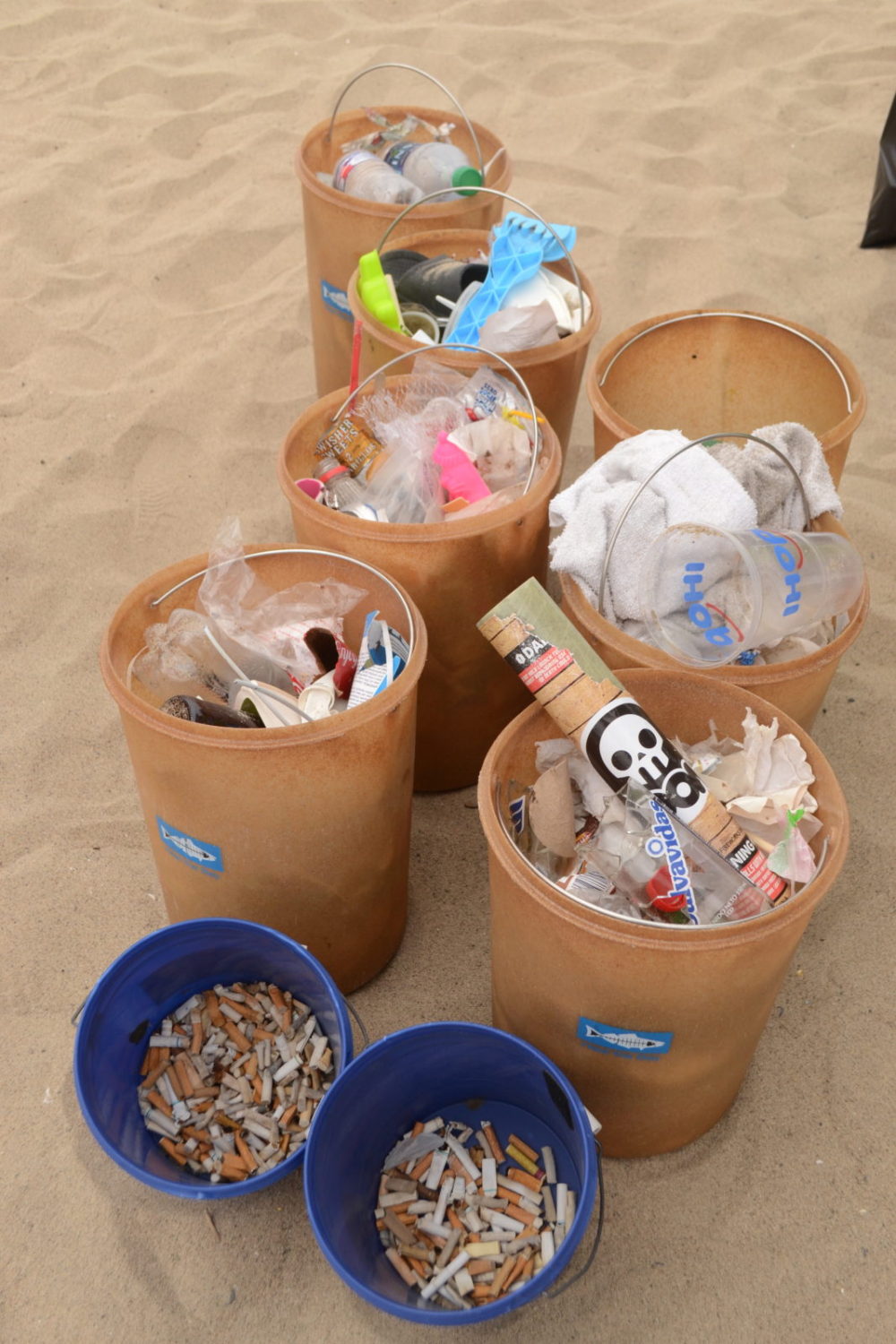
Trash collected at a Heal the Bay cleanup in 2019. Photo by Marvin Pineda
3. Big change can happen locally: Heal the Bay is zooming in on local regulations and activities that reduce single-use plastics here at home in the Los Angeles region. For example, we’re hoping more communities and cities in Los Angeles will reduce plastic waste by adopting ordinances aimed at tackling single-use and disposable items. Wherever you may be located, we encourage you to attend a city council meeting or a town hall near you and speak during the public comment session about your concerns. When we pass strong policies locally, there is a greater likelihood that the state will take similar action. Check out our FAQs to bust some common myths about passing plastic reduction legislation.
We will continue to push for local and statewide single-use waste reduction to protect our communities and our environment in 2020 and beyond. Thank you to everyone who supported our efforts to combat plastic pollution. From the 410,000+ people who signed our petition to the thousands of people who called their representatives and posted on social media in support of SB 54 and AB 1080, thank you.
This is important. https://t.co/wn6OORVnBn
— Julia Louis-Dreyfus (@OfficialJLD) September 12, 2019
Finally, thank you to the authors of this legislation, Senator Ben Allen and Assemblymember Lorena Gonzalez, we could not have made it this far without you.



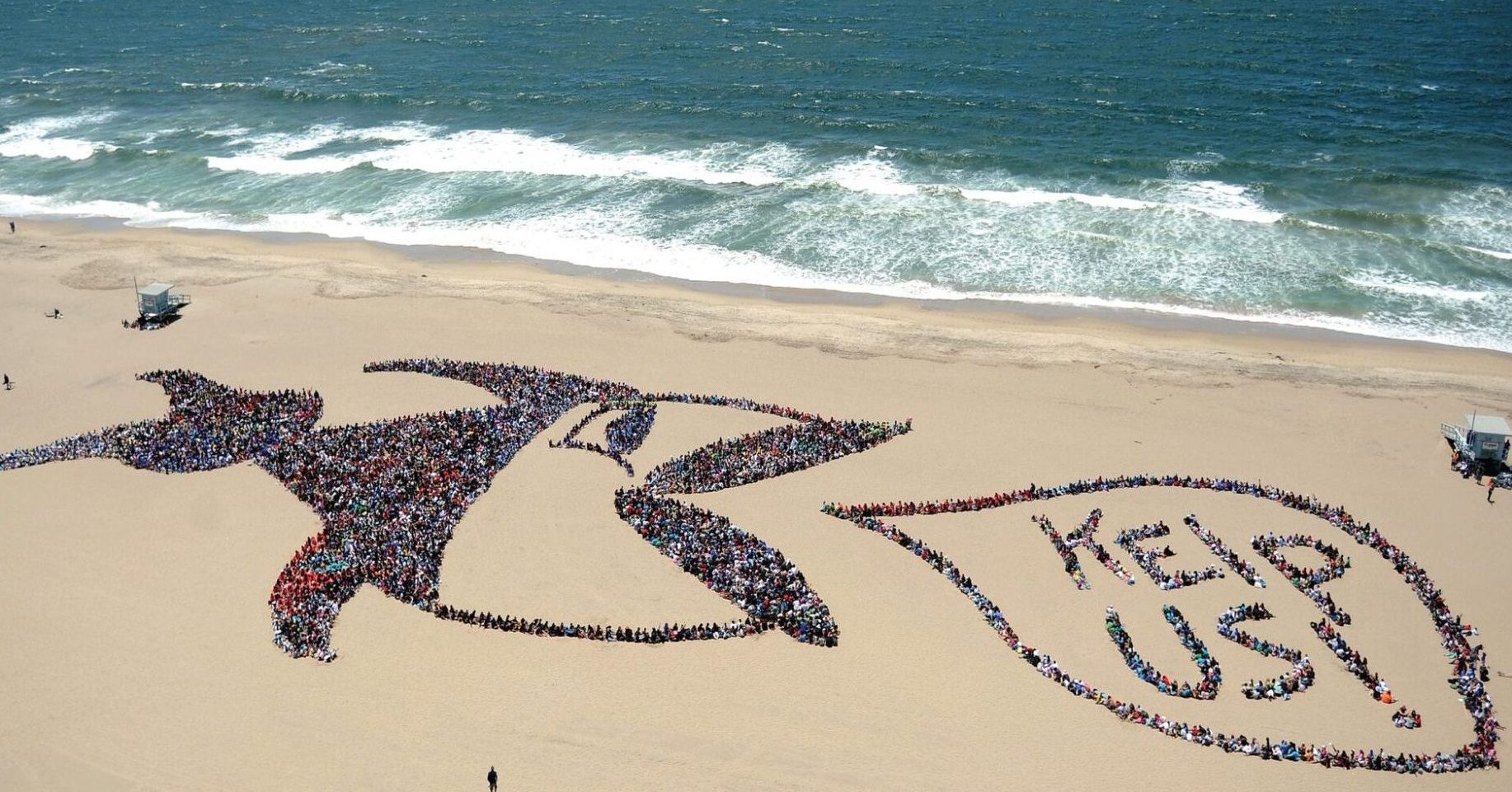 Photo by: Kids Ocean Day
Photo by: Kids Ocean Day